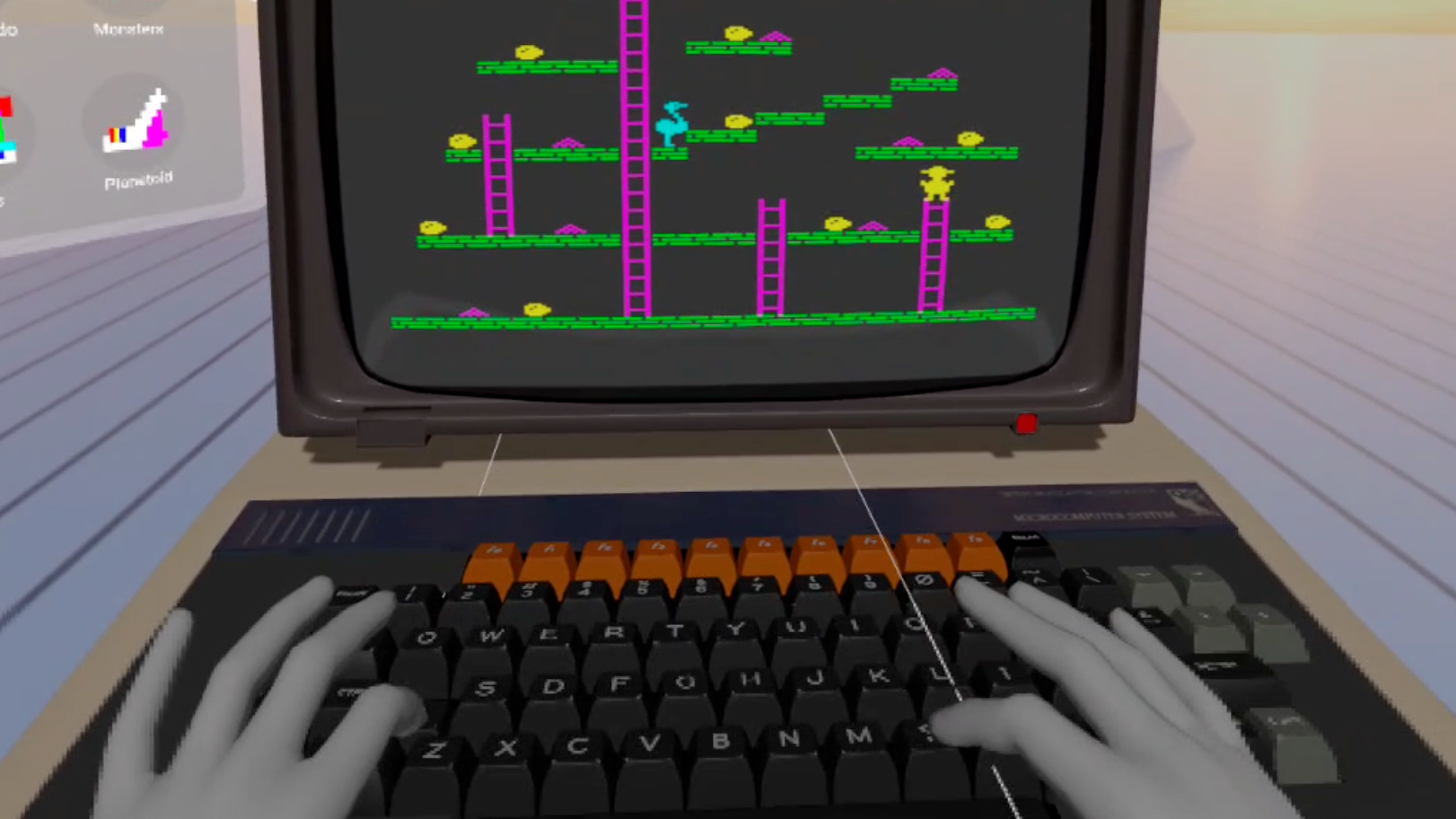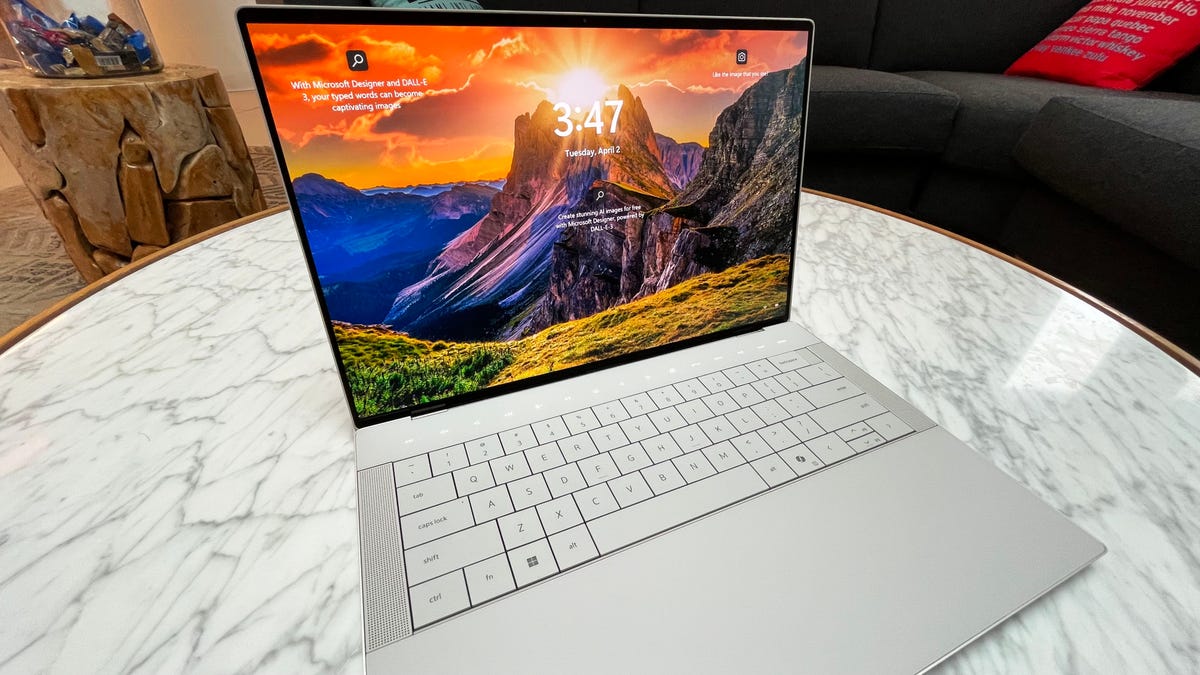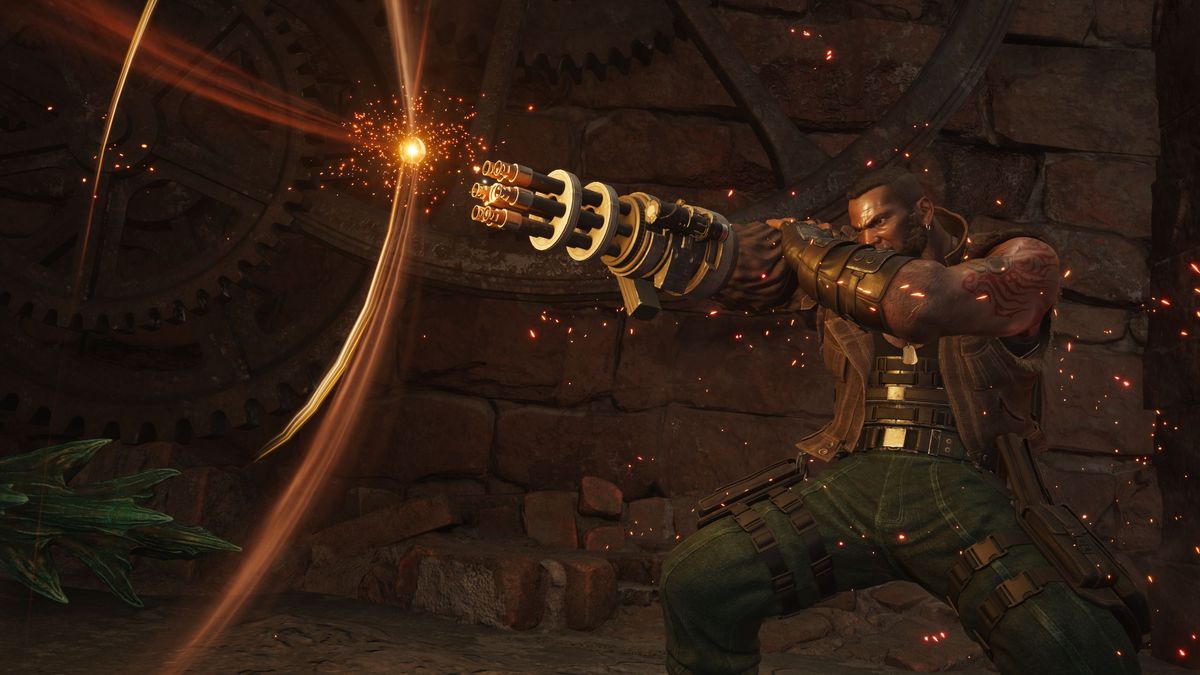

In a nostalgic move that will delight fans of vintage computing, Dominic Pajak has brought the beloved BBC Micro into the modern age of virtual reality. Through an ambitious project, this iconic piece of technology from the 1980s has been meticulously recreated in WebXR, offering not just an emulation but a near-tangible experience of the original hardware. This immersive revival allows users to interact with the BBC Micro in a three-dimensional space, whether they’re equipped with a VR headset for a fully immersive experience or prefer to engage via a standard web browser.
Dominic Pajak’s project, intriguingly labeled as a simulator rather than a mere emulator, recreates the BBC Micro with astonishing detail. From the tactile feedback of the keyboard keys to the glow of the CRT monitor and the distinctive sound of the keypresses, this simulator is a loving tribute to a machine that marked the beginning of computing for many. Users can experience the simulator using VR technology, bringing in features like hand tracking and pass-through video, or opt for a traditional setup using their existing keyboards.
The genesis of this project was Pajak’s previous endeavor, VirtualBeeb, a web-based interactive model that showcased the BBC Micro in all its glory, replete with the sights and sounds familiar to anyone who has used the original hardware. Following the success of VirtualBeeb, Pajak ventured to elevate the experience to a 3D rendition through WebXR, leveraging the capabilities of VR hardware and the Three.js library. This transition from a functional web model to a dynamic, immersive VR experience represents a significant technical leap, underlying the potential of modern web technologies to resurrect the past.
In a detailed blog post, Pajak shared insights into the development process, reflecting on the challenges and opportunities of simulating the BBC Micro for a VR environment. The project is not merely a technical achievement; it’s a homage to a computer that played a pivotal role in the UK’s Computer Literacy Project during the 1980s, reflecting a period when the digital revolution began to take hold.
The BBC Micro, developed by Acorn Computers, was integral to introducing a generation to computing. It was a cornerstone of the UK’s efforts to foster computer literacy, laying the groundwork for the digital age. Through projects like Dominic Pajak’s simulator, contemporary audiences can appreciate the BBC Micro’s historical significance and its impact on the development of computing education.
For enthusiasts of vintage computing and history buffs alike, this project offers a chance to relive an era when the BBC Micro was a window into the fascinating world of programming and digital exploration. By revisiting the past, the simulator provides a unique educational tool, showcasing the evolution of computing technology and reminding us of the humble beginnings from which our current digital landscape evolved.
Source






